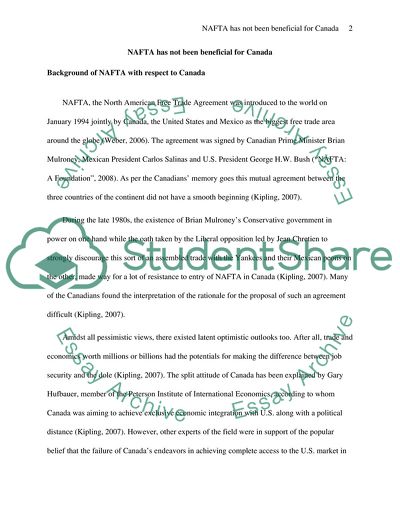Cite this document
(Background of NAFTA with Respect to Canada Literature review Example | Topics and Well Written Essays - 1500 words, n.d.)
Background of NAFTA with Respect to Canada Literature review Example | Topics and Well Written Essays - 1500 words. https://studentshare.org/macro-microeconomics/1715209-nafta-has-not-been-beneficial-for-canada
Background of NAFTA with Respect to Canada Literature review Example | Topics and Well Written Essays - 1500 words. https://studentshare.org/macro-microeconomics/1715209-nafta-has-not-been-beneficial-for-canada
(Background of NAFTA With Respect to Canada Literature Review Example | Topics and Well Written Essays - 1500 Words)
Background of NAFTA With Respect to Canada Literature Review Example | Topics and Well Written Essays - 1500 Words. https://studentshare.org/macro-microeconomics/1715209-nafta-has-not-been-beneficial-for-canada.
Background of NAFTA With Respect to Canada Literature Review Example | Topics and Well Written Essays - 1500 Words. https://studentshare.org/macro-microeconomics/1715209-nafta-has-not-been-beneficial-for-canada.
“Background of NAFTA With Respect to Canada Literature Review Example | Topics and Well Written Essays - 1500 Words”. https://studentshare.org/macro-microeconomics/1715209-nafta-has-not-been-beneficial-for-canada.


